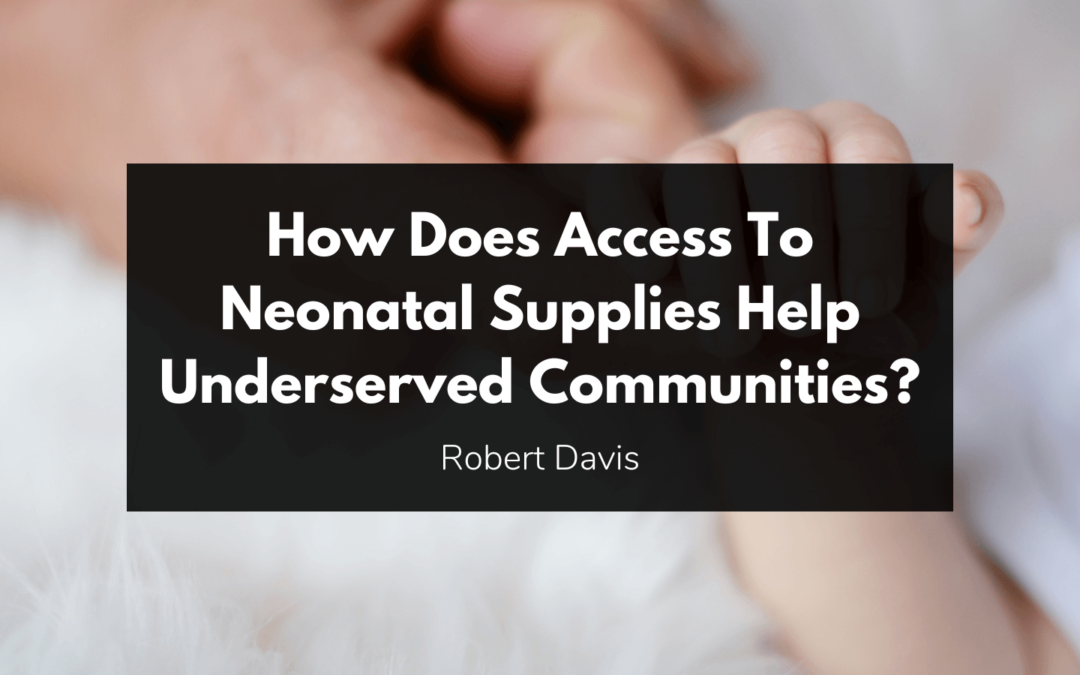Anyone who has had children will understand the crucial need for neonatal care, mainly when their newborn requires elevated healthcare. Having access to neonatal care as a newborn can prevent major health issues in the future and help resolve any medical issues that may have popped up during the birth. This is especially important for underserved communities around the world.
According to the article from Commonwealth Fund, more than 50% of hospitals in rural communities in the United States do not have access to any sort of obstetrical services, which are crucial when pregnant and giving birth. The lack of access to these services can make giving birth more difficult and dangerous, as mothers and children may not receive the care they need for various complications. While the lack of access will negatively impact not every community, it will have lasting effects on those in the areas in need.
Why Do Underserved Communities Need Access To Neonatal Supplies?
One of the primary concerns with the lack of access to neonatal care is the risk of severe complications requiring elevated treatment. For example, if a baby is born prematurely and is having difficulty breathing without help, rural hospitals may not have the equipment needed to help regulate breathing. As a result, mothers and newborns may be forced to find another hospital to help fit their needs. This often can lead to extensive medical bills and the risk of more significant damage while traveling. In order for these children to receive the care they need, more rural and underserved communities should focus on building their own resources.
How Have Communities Improved Access?
While countless communities worldwide do not have access to adequate neonatal care, efforts are being put in place to help reduce the need. One way they have helped close the gap is by offering more telemedicine services. This allows future and new mothers to stay in consistent contact with their medical providers and opens up the opportunity to seek treatment in case of unexpected issues. This has helped mothers become more prepared for unforeseen problems while also giving healthcare providers the ability to find them the treatment they need.
